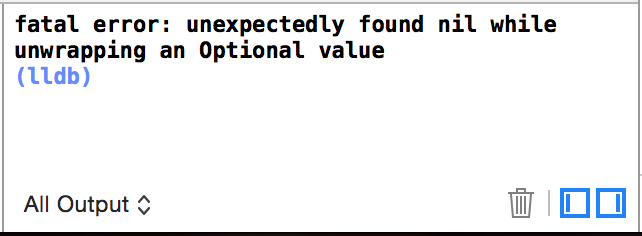I am trying with these lines of code
class Student {
var name: String
var age: Int?
init(name: String) {
self.name = name
}
func description() -> String {
return age != nil ? "\(name) is \(age) years old." : "\(name) hides his age."
}
}
var me = Student(name: "Daniel")
println(me.description())
me.age = 18
println(me.description())
Above code produces as follow
Daniel hides his age.
Daniel is Optional(18) years old.
My question is why there is Optional (18) there, how can I remove the optional and just printing
Daniel is 18 years old.


if let age = age { return ""} else { return "" }– Nelson